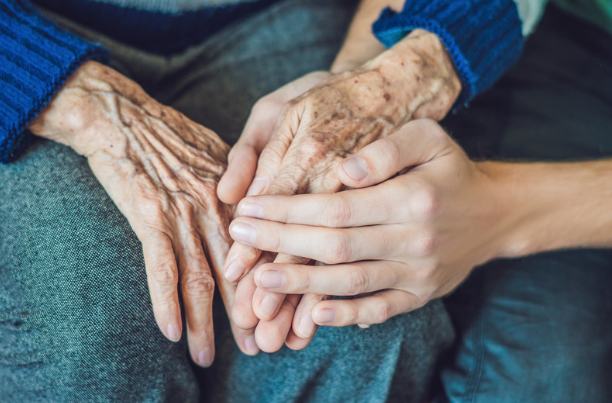Check Your Home for Safety Hazards: A Guide for Older Adults
As we age, it's vital to ensure our homes are safe. A safe home can help prevent accidents and make life easier. Today, we'll discuss common safety hazards in your home and how you can fix them. You can keep yourself and your loved ones safe by making a few changes.
Why Safety at Home is Important
Home is where we should feel safe and comfortable. But as we age, certain things in the house can become dangerous. Simple tasks like walking, cooking, or using the bathroom might lead to accidents if we're not careful. That's why checking our homes regularly ensures everything is as safe as possible.
Let's review some common safety hazards and easy ways to fix them.
Remove Clutter
Clutter can be a significant hazard. Items like shoes, magazines, or small furniture left on the floor can cause you to trip and fall. Falls are one of the most significant risks for older adults.
How to Fix It:
- Keep walkways clear of clutter.
- Store items like shoes, bags, and newspapers in proper places.
- Avoid having too much furniture in rooms, especially where you walk often.
Install Good Lighting
Good lighting is important for seeing clearly, especially at night. Dim or poor lighting can make it harder to see obstacles, which might cause you to trip.
How to Fix It:
- Use bright light bulbs in hallways, staircases, and bathrooms.
- Place nightlights in bedrooms and bathrooms for nighttime trips.
- Make sure light switches are easy to reach and use
Secure Rugs and Carpets
Rugs and carpets can be slippery if they're not appropriately secured. Loose rugs, especially if they slide or curl up, can easily cause a fall.
How to Fix It:
- Use non-slip pads under rugs to keep them in place.
- Remove any loose or frayed rugs that might cause tripping.
- Consider using wall-to-wall carpeting, which is safer than small, loose rugs.
Check for Bathroom Safety
Bathrooms are one of the most dangerous places in the home because of the risk of slipping on wet floors. Taking a few extra steps can help prevent accidents.
How to Fix It:
- Place non-slip mats in the shower or bathtub.
- Install grab bars near the toilet and in the shower to help balance.
- Consider using a shower chair for extra safety while bathing.
Keep Cords and Wires Out of Walkways
Electrical cords and wires that stretch across the floor can easily cause a fall if someone trips over them.
How to Fix It:
- Move cords and wires out of walkways.
- Use cord covers or tape them down so they don't move around.
- Try to keep cords tucked behind furniture whenever possible.
Make Stairs Safer
Stairs can be challenging to navigate as we get older. Slips and falls on stairs can cause serious injuries. Taking a few safety steps can reduce this risk.
How to Fix It:
- Make sure stairs are well-lit from top to bottom.
- Install handrails on both sides of the staircase for added support.
- Use non-slip treads on the steps to prevent slipping.
Check Smoke and Carbon Monoxide Detectors
It's essential to have working smoke and carbon monoxide detectors in your home to protect you from fires or gas leaks.
How to Fix It:
- Test your smoke and carbon monoxide detectors regularly.
- Replace batteries once a year or as needed.
- Place detectors in key areas like the kitchen, hallways, and bedrooms.
Keep the Kitchen Safe
The kitchen can be full of hazards, from hot surfaces to sharp objects. Being careful in the kitchen can help avoid burns or cuts.
How to Fix It:
- Keep pot handles turned away from the edge of the stove.
- Store sharp objects like knives in a drawer or on a magnetic strip out of reach.
- Make sure your kitchen has a working fire extinguisher.
Store Medications Safely
Medications should be kept in a safe place that is easy to access but not easy to mix up. Taking the wrong medication can be dangerous.
How to Fix It:
- Use a pill organizer to keep track of your daily medications.
- Store medications in a dry, cool place and away from children or pets.
- Make sure to label all medications clearly.
Wrap up!
Making your home safe doesn't have to be complicated. By checking for common hazards and fixing them, you can reduce the risk of accidents and enjoy your home with peace of mind. Regularly check for clutter, improve lighting, secure rugs, and ensure your bathroom and kitchen are as safe as possible.
Take time today to walk through your home and make any necessary changes. Your safety is the most important thing!
Thanks for reading! Stay safe and keep your home hazard-free.








